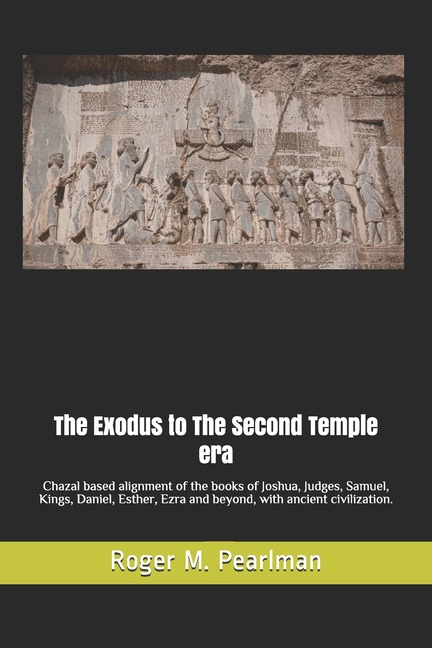

17–18), the elders reveal themselves and try to coerce her into sexual relations. When Susanna sends her maids away to bring ointments for her bath (vv. She believes herself to be alone with her maids because the elders have concealed themselves (v. On a hot day Susanna decides to bathe in the garden (v. One day the two elders catch each other lingering behind in order to watch Susanna, and they conspire together to entrap her (vv. Two elders who serve there as judges separately develop lustful feelings toward Susanna, whom they spy walking in the garden when the house empties at midday for the community to go to their own homes for lunch (vv. Joakim’s house functions as a courthouse for the Jewish community. Susanna’s introduction defines her in terms of her relationships to two men, as wife of Joakim and daughter of Hilkiah, and tells that she is beautiful and righteous and was trained “according to the law of Moses” by her parents (vv. Joakim, however, plays a minimal role in the unfolding of the story. (Greek) "dispersion." The Jewish community, and its areas of residence, outside Ere z Israel. The text first introduces Joakim, a wealthy man living in the Babylonian Lit. On account of this, some ancient Greek versions place the Book of Susanna before Daniel 1. Although readers will respond to and remember most vividly Susanna and her predicament, the story’s conclusion emphasizes Daniel’s emergence as a young figure of wisdom. Most modern editions of the Christian Bible include it among the Apocryphal/Deuterocanonical Books as Daniel 13. Our job is to now continue past the Shloshim, and ensure that Sammy’s life example, his smile and unbelievably caring and positive ways, remain a constant flame.The brief, self-contained story of Susanna appears in Greek but not Hebrew manuscripts of the Book of Daniel. And through this, Sammy himself has been elevated. Sammy, like Moses, has undoubtedly bound and united each of us with Hashem in a way that is difficult to describe or express. What we have seen as a result has been a tremendous outpouring of good and of light, in honor of Sammy, who was such an inspiring luminary. And though Moses influencing Israel (binding them with the Infinite Light), Moses is enhanced.”įor thirty days, our community has felt crushed. “ So, And you shall “command” the Children of Israel means that Moses binds and unites the Children of Israel with the Infinite Light. The Rebbe explains in the ma’amar that Tetzaveh means “to command,” but also to bind, unite – the same root as the word mitzvah. It is about the relationship between Moses and the rest of the Jewish people. The last Chassidic discourse (“ ma’amar ”) reviewed and distributed by the Lubavitcher Rebbe before his passing was also on this parasha, and delivered during Adar I. Tetzaveh opens with the following words: “ And you shall command the Children of Israel, and they shall bring to you pure olive oil, crushed for the luminary, to raise up a constant flame.” Furthermore, most opinions in the Talmud state that Moshe was also born on Adar I. The connection between Tetzaveh and Moses’ death is so strong that when there are two Adars, Moses’ yahrzeit is commemorated on the first Adar, because it is then that Tetzaveh will be read.

This is said to be a hidden reference to Moses’ passing. The Parasha is Tetzaveh, which is the one weekly portion of the Torah since the introduction of Moses in which his name is not mentioned. We are also two days away from the 7 th of Adar I, Moshe Rabbeinu’s birthday and passing. Thirty days from his passing, as well as his birthday. Today, Sunday, the 5 th of Adar I, is the Shloshim for Sammy Farkas, Yitzchak ben Moshe David.


 0 kommentar(er)
0 kommentar(er)
